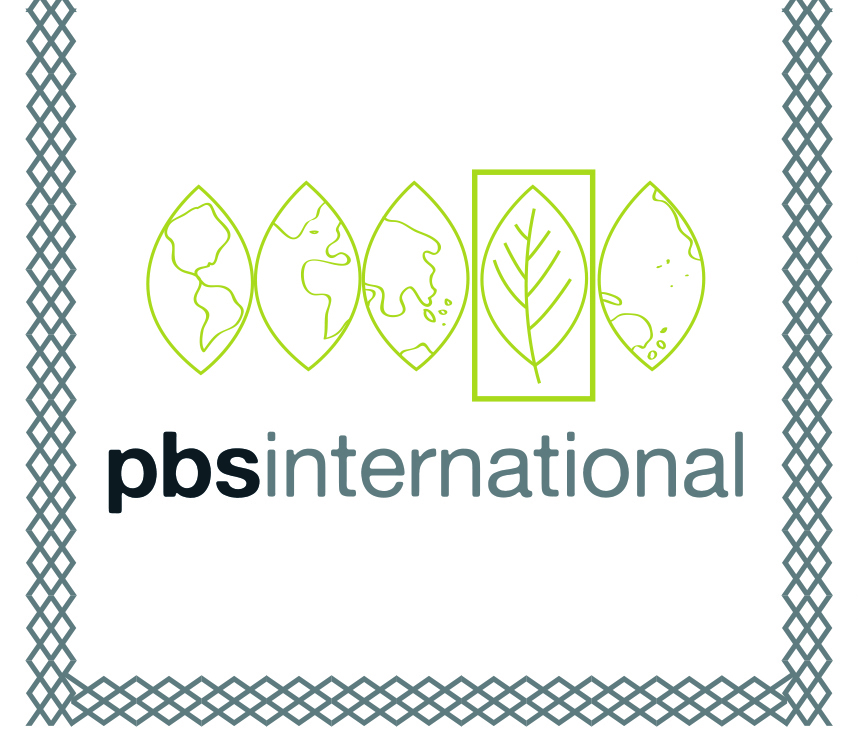During our recent trip to Asia, we paid a visit to our customer, the Malaysian Agricultural Research & Development Institute (MARDI). PBS International has been supplying MARDI with pollination bags for many years and their breeding programme is designed, in part, to stimulate replanting of unproductive coconut palms with higher yielding varieties, as part of the Coconut Industry Revitalizing Plan in Malaysia.
It was great to see PBS bags in action and it was really interesting to discover the actual number of varieties there are!

Throughout Asia, the coconut palm is often called the “Tree of life” and is considered nature’s valuable gift to the mankind due to its innumerable uses.
Although the coconut finds its greatest commercial utilisation in the industrial countries of the Western world, its usefulness in its native areas of culture is even greater. Indonesians claim that coconuts have as many uses as there are days in a year! Besides the edible kernels and the coconut milk obtained from green nuts, the husk yields coir, a fibre highly resistant to salt water and used in the manufacture of ropes, mats, baskets, brushes, and brooms.
Other useful products derived from the coconut palm include toddy, palm cabbage, and construction materials. Toddy, a beverage drunk fresh, fermented, or distilled, is produced from the sweetish sap yielded by the young flower stalks when wounded or cut; toddy is also a source of sugar and alcohol. Palm cabbage, the delicate young bud cut from the top of the tree, is, like the buds from other palms, eaten as a salad vegetable. Mature palm leaves are used in thatching and weaving baskets. The fibrous, decay-resistant tree trunk is incorporated into the construction of huts; it is also exported as a cabinet wood called porcupine wood.
The name, coconut, comes from the Spanish and Portuguese word coco, which means “monkey face.” Spanish and Portuguese explorers found a similarity to a monkey’s face in the three round indented markings or “eyes” that are usually found at the base of the coconut.
Palms usually start bearing fruit after 5 to 6 years. Full bearing is obtained in 15 years. Fruits require a year to ripen; the annual yield per tree may reach 100, but 50 is considered good. Yields continue profitably until trees are about 50 years old.
During our visit to MARDI, we learnt how the Coconut palm is pollinated during selective breeding and also had the pleasure of tasting a new variety of coconut, straight from the tree!
Here’s a short video of our visit. Happy viewing!


